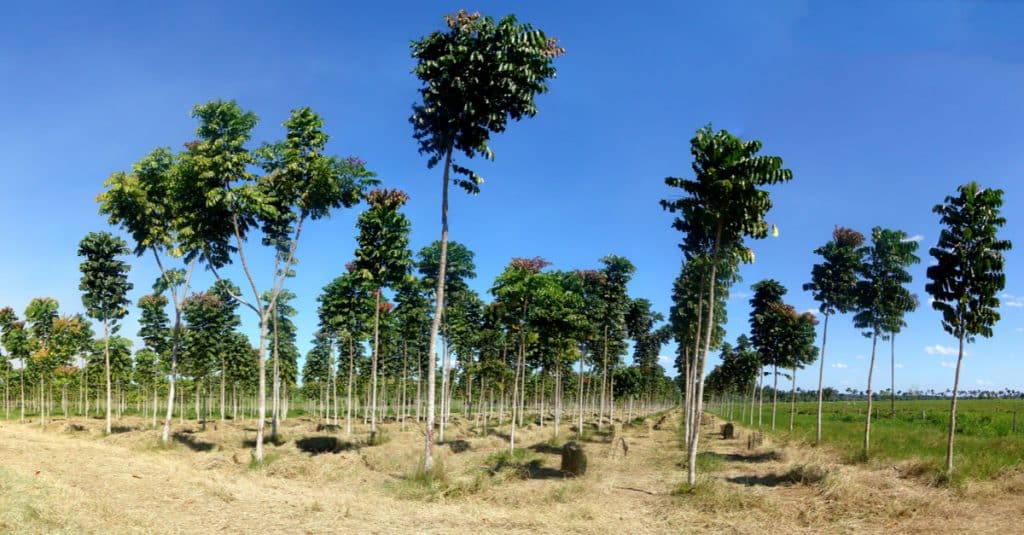In Algeria, the Directorate General of Forestry indicated in late February 2023, a first envelope of $73 million has been released for the rehabilitation of the Green Dam during the current year.
The work will be carried out by the Public Group of Rural Engineering (GGR) and the National Bureau of Studies for Rural Development (BNEDER). This is the reforestation of 7 440.5 hectares of forest areas, 2 640 hectares of pasture, 444.16 hectares of prickly pear and 4 331.5 hectares of fruit trees in addition to the achievement of 1 012.5 km of windbreaks. In addition to these actions, work to achieve a green strip on an area of 929.5 hectares and projects to stabilize sand dunes on an area of 1 129.5 hectares. Particular interest will be given to the preservation of water and soil to ensure the preservation of 30 100 m3 of this vital resource.
A 7-year program
This year’s work on the Green Dam is the beginning of a seven-year program. With a budget of $ 552 million, this program 2023-2030 intends to increase the initial perimeter of the green dam which is about 3.7 million hectares to 4.7 million hectares and affect 13 wilayas (departments, editor’s note), three more than at the launch of this mega project.
Initiated in the 1970s by former President Houari Boumediene, the Green Dam project aims to deploy a huge forest belt of 1,500 kilometers long and about 20 kilometers wide, linking the eastern borders to the western borders of the largest African country. The objective is to serve as a natural bulwark against the advance of the desert.
Read also-TOGO: An initiative enables the reforestation of 186,000 hectares in the Savannah
But for some environmentalists, the green dam is a project with much more economic than environmental benefits. “This new project has been thought of in my humble opinion more as a sustainable development zone than a green dam in the literal sense of the term. Its dimension is as much economic and social as environmental. What remains to be done is to transform words into deeds, objectives into concrete and sustainable results. It is most of the time at this decisive level that the problem recurs,” says environmental activist Karim Tedjani.
Boris Ngounou
